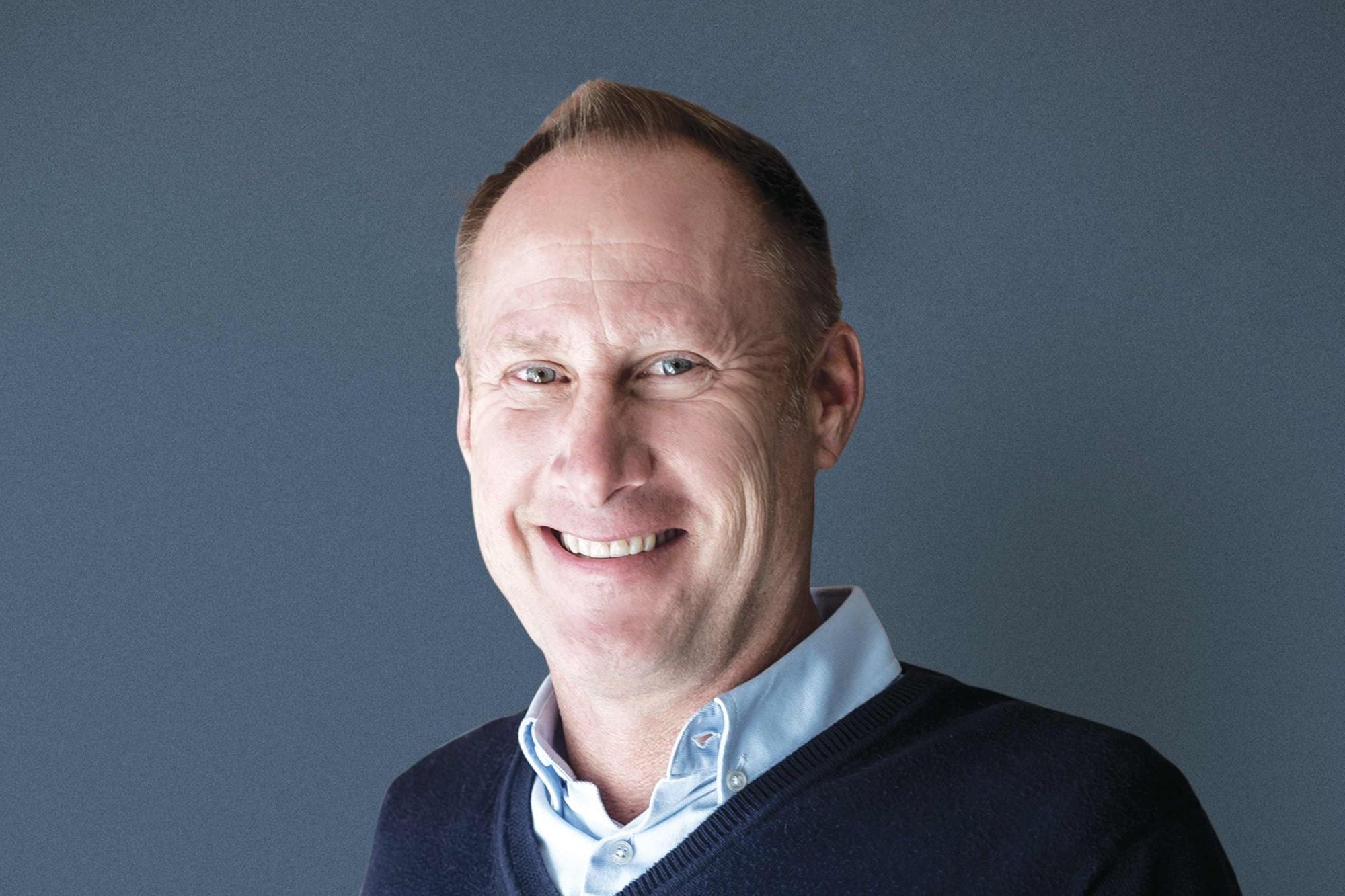Going The Extra Mile With Neil Robinson Of Relate Bracelets In business, your offering is only as good as your relationships. Neil Robinson from Relate Bracelets explains how FedEx Express has helped the business grow into Africa and beyond.
By FedEx
Opinions expressed by Entrepreneur contributors are their own.
You're reading Entrepreneur South Africa, an international franchise of Entrepreneur Media.

Vital stats
- Who? Neil Robinson
- Company: Relate Bracelets
- Position: Managing Director
- Visit: relate.org.za
Neil Robinson, MD of Relate Bracelets understands the importance of business relationships. While Relate is a non-profit organisation, it is run like a business. It does not rely on donors, but instead produces and sells a product.
For each bracelet sold, one third of the income goes towards the materials and operating costs, one third supports the people who produce the bracelets, and one third goes to the charity for which that particular bracelet is branded.
In order for the business model to work and be sustainable, Relate's partners are incredibly important. These include the retail chains that stock the product and who provide prime point-of-sale positioning, the charities who Relate works with, and most importantly, Relate's logistics service provider, FedEx Express.
"Retail is all about visibility and availability," explains Neil. "A brand is a living, breathing thing. People can see it, use it, and comment on it, but if they can't access it, it's all for naught. And so, at the point of purchase, it's both visible and available, or it's not.
"Logistics is key. You need to get your product to the retailer on time, 100% of the time. The expertise and focus that FedEx displays in supply chain and logistics encompasses far more than just retail, they understand our specific needs, making them a strategic partner, rather than merely a supplier."
Building a relationship
The FedEx/Relate Bracelets relationship stretches back to 2009, when Relate Bracelets launched its first campaign with "Unite Against Malaria' leading up to the 2010 FIFA World Cup.
"We did the first campaign in partnership with Nando's," says Neil. "Robbie Brozin was passionate about the cause, and he pulled in strategic partners to launch the campaign. Within two years we'd shipped hundreds of thousands of bracelets. FedEx was an incredible partner, ensuring the integrity of our product and time-sensitive deliveries, and we've worked with them ever since."
As with all good B2B relationships, the FedEx and Relate Bracelets teams understand that regular strategy sessions and updates are important.
"FedEx understands the inner workings of our business," says Neil.
"A successful campaign has multiple elements, from planning and strategy, to marketing support, pricing and distribution planning. Of these, distribution planning is the most critical. For us, the bridge between our brand and the consumer is logistics. FedEx have delivered beyond expectations. They literally and figuratively go the extra mile for us."
Protecting a brand
FedEx has customers across different industries and each of their needs are different. In the case of Relate, who operate in the retail sector, buying patterns are important. "Retailers run a tight ship," explains Neil.
"They have planning cycles and seasons. Besides the fact that penalty clauses are built into contracts, you can't miss a deadline by two days, or you're in the next cycle, and that might be two weeks later. Not only are you missing out on valuable shelf time, but this can affect an entire campaign. Lost sales can also influence the retailers' buying decision the following season. FedEx has made it their business to understand our business, so they know what's at stake and what's important to us."
Supporting growth
FedEx has also played an integral role in the overall expansion of Relate Bracelets, particularly into new markets. "As a global organisation, FedEx has been absolutely critical in supporting us to grow our business into Africa, the US, Australia, the UK, Western Europe, and now New Zealand. They play an enormous role in the delivery of our products, with sophisticated tracking systems ensuring that the quality and integrity of our products are maintained."
Through the relationship with FedEx, Relate experiences the benefits of working with a globally recognised and credible brand. "When you work with quality, you get quality."
The business
If you've ever bought a beaded bracelet that supports a cause (for example: United Against Malaria, Operation Smile SA or PinkDrive), chances are it was a Relate Bracelet. If you bought it at Woolworths, Clicks, Sorbet or Foschini, it most definitely was.
To date, Relate Bracelets has raised more than R40 million, which supports various charities and "gogos', women living on government grants and supporting their grandchildren, and who desperately need the additional income Relate Bracelets provides.













